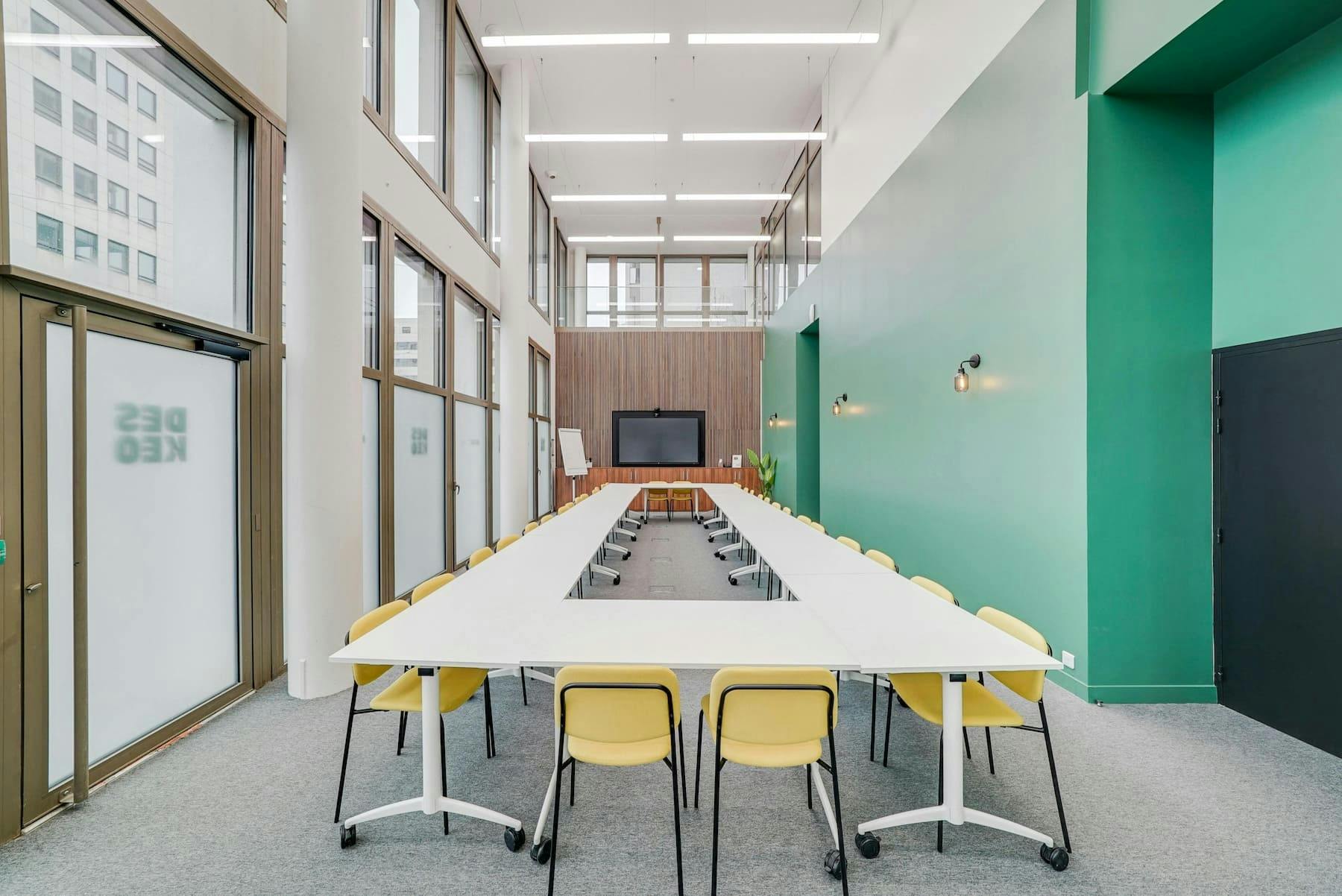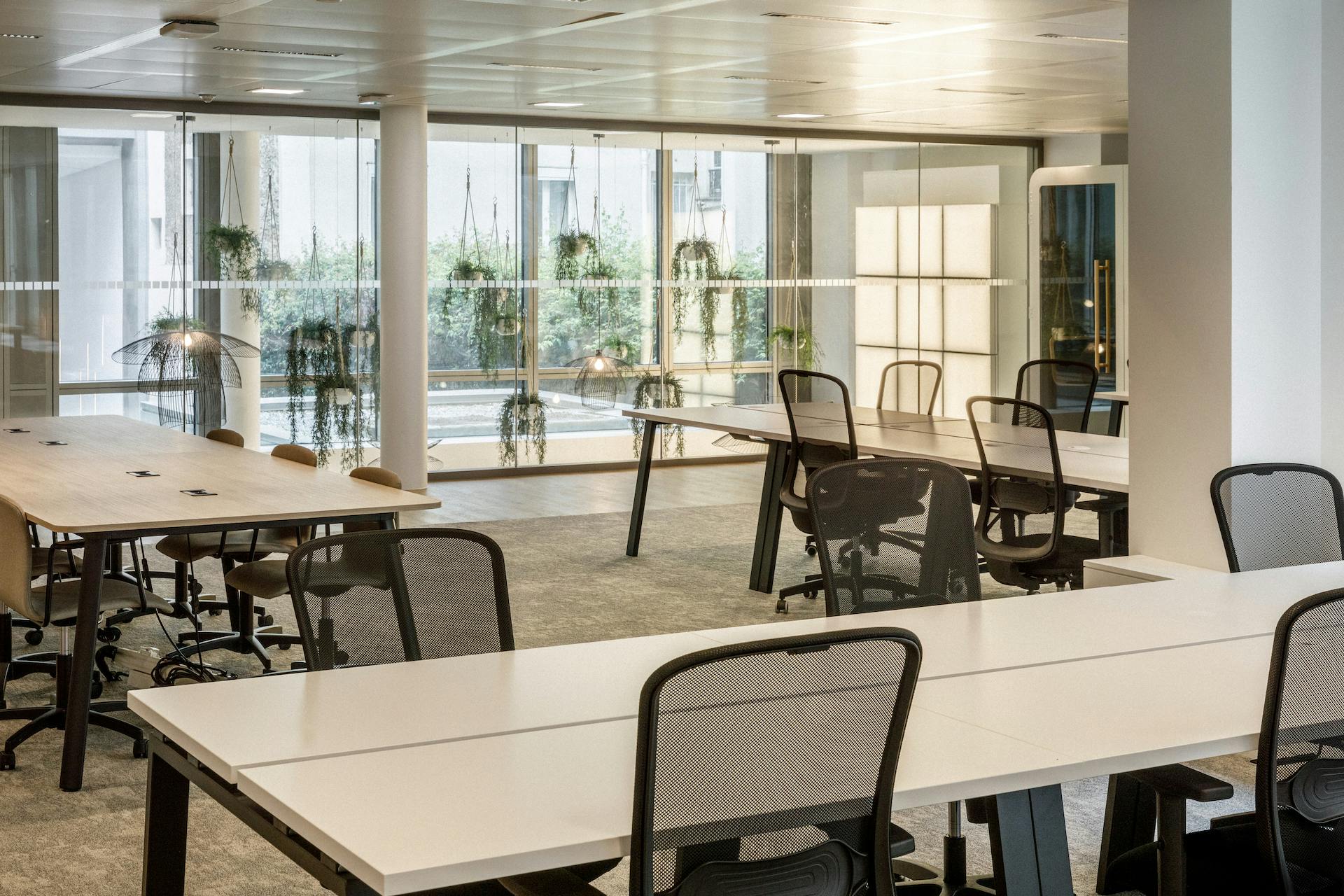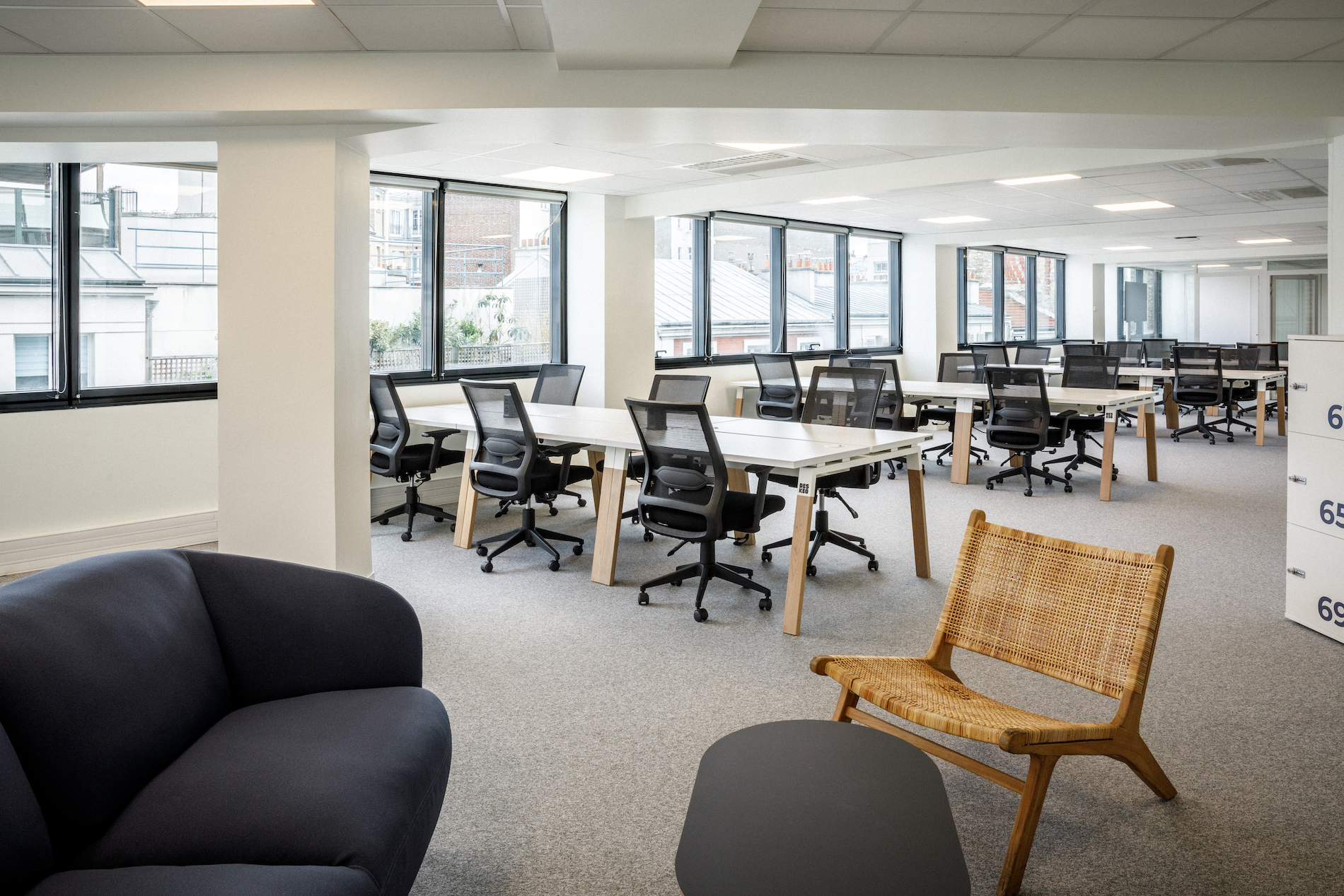

Precarious lease: a temporary solution for entrepreneurs
You are an entrepreneur and, following the creation of your company, you are considering renting commercial premises to run your business. The most common solution is to sign a commercial lease. However, if you prefer to avoid a long-term commitment, there is an alternative: the precarious lease.
What are the advantages of a precarious lease? How does it differ from a standard commercial lease? What are the steps involved in concluding a precarious lease? We'll answer all your questions in this article!
Definition of a precarious lease
What is a precarious lease
A precarious lease, or derogatory lease, is a limited-term rental agreement generally used for short, flexible periods.
Unlike traditional commercial leases governed by the Commercial Code, the precarious lease offers tenants, especially entrepreneurs and small businesses, temporary occupation without long-term commitment. This flexibility makes it possible to test locations or meet temporary needs without the constraints of traditional leases.
Legal validity of a precarious lease
The legal validity of a precarious lease is governed by specific provisions of real estate law. Precarious leases generally do not exceed 3 years. This maximum duration is set by law to preserve the temporary nature of the lease. The parties may enter into several consecutive precarious leases, for the same premises and for the same business, provided that the total duration of these leases does not exceed 3 years.
At the end of this maximum three-year period, a new lease can be established either by mutual agreement of the parties, or by tacit renewal. The 2014 Pinel law clarifies this. It stipulates that if one month after the end of the agreed term, neither party has expressed a desire to terminate the contract, the precarious lease is transformed into a traditional commercial lease.
Why choose a precarious lease as an entrepreneur
Flexibility given by the precarious lease
The precarious lease stands out for its ability to offer great flexibility to tenants. By limiting the duration of the contract, this type of lease gives entrepreneurs and small businesses access to space without making a long-term commitment. This temporal flexibility offers the possibility of quickly adapting the leased space to changing business needs. It also enables entrepreneurs to explore new markets or test strategic locations without the financial and time constraints of traditional commercial leases. This agility in contractual commitments therefore represents a considerable advantage for companies in a phase of evolution or expansion.
Financial benefits
Precarious leases offer considerable financial advantages to businesses, particularly entrepreneurs and small structures. Its limited duration reduces upfront costs, such as security deposits and entry fees, typically associated with traditional commercial lease rules. This financial flexibility enables more agile cash management for start-ups and growth companies. What's more, by limiting the short-term financial commitment, the precarious lease offers a less restrictive alternative, enabling better control of expenditure and greater freedom for adjustments in line with changing business needs.

Process of setting up a precarious lease
Concluding a precarious lease
To sign a precarious lease, several steps are required:
- Discussion and agreement: First, the landlord and tenant must discuss the terms of the lease. This includes the term of the lease, the amount of rent, maintenance responsibilities, etc.
- Drawing up the contract: Once the terms have been established and agreed by both parties, a written contract must be drawn up. This contract should include all agreed details, including the rights and obligations of both tenant and landlord.
- Signing the contract: Once the contract has been drawn up, the lease must be signed by both tenant and landlord to formalize the agreement. The signature can be electronic or physical, but must be affixed by all parties concerned.
- Notification: It is advisable to notify the conclusion of a precarious lease by registered letter with acknowledgement of receipt. This provides proof that the contract has been concluded.
- Inventory of fixtures: Before the tenant moves in, a detailed inventory of fixtures must be drawn up to note any existing damage. Similarly, at the end of the lease, another inventory will be drawn up to assess the condition in which the tenant is returning the premises.
- Compliance with clauses: once the lease is in force, both parties must comply with the agreed clauses and conditions throughout the term of the lease.
Mandatory clauses
The precarious lease is subject to the status of commercial leases defined by article L. 145-5 of the French Commercial Code.
The parties have considerable freedom in drafting the precarious lease.
However, to avoid any problems, we recommend that you explicitly specify certain elements in the precarious lease contract:
- The maximum three-year term of the lease, or any mutually agreed shorter term;
- The start date of the lease, as soon as the tenant moves in.
- The tenant's undertaking to use the premises exclusively for commercial purposes (specifying the authorized activities);
- The responsibilities of each party with regard to repairs and maintenance of the leased premises.
- The tenant is not covered by the protective regime applicable to commercial leases;
- Free determination of the amount of rent, not subject to a defined ceiling, and agreed between the parties.
- Lease renewal conditions;
- Contract termination procedures;
- Detailed procedures for the inventory of fixtures on the tenant's entry and exit.
Limitations of the precarious lease
Temporal limitations
The temporal limitation is one of the main features of the precarious lease. It is designed to offer flexibility to both landlord and tenant. It allows the tenant to occupy the space for a defined period without making a long-term commitment, while the landlord can consider revising the lease terms on expiry.
This limited duration means that, after this period, the precarious lease automatically terminates, unless a new agreement is reached between the landlord and tenant. This time limitation thus offers an opportunity to renegotiate the terms of the lease according to the changing circumstances of both parties.
Renewal limitations
Renewal limitations in a precarious lease are often strict. Unlike other types of lease, this lease does not always include automatic renewal clauses. Thus, at the end of the agreed initial period, the lease ends without any extension being automatically granted to the tenant. This means that to continue occupying the space, the tenant must enter into new negotiations with the landlord for a new lease, potentially with different terms and conditions.
This lack of automatic renewal underlines the importance for the tenant to plan ahead and discuss with the landlord the intentions for renewing the precarious lease in order to avoid any unwanted interruption in the occupation of the leased space.
Alternatives to the precarious lease
Commercial lease
The commercial lease, also known as the 3 6 9 lease, is a solid alternative to the precarious lease, specially designed for tenants engaged in commercial activity. This type of lease generally offers greater security and stability, with longer terms. Unlike short-term leases, commercial leases often offer tenants a right to renewal, protecting their long-term interests. In addition, commercial leases are subject to specific rules governing termination conditions, rent adjustments and other aspects, such as the right to benefit from the status of "commercial lease".
The commercial lease is also subject to specific rules governing termination conditions, rent adjustments and other aspects, such as the right to benefit from the status of commercial leases, allowing for eviction compensation in the event of termination of the lease. This thus offers a degree of predictability for both parties.
Professional lease
The professional lease is a suitable alternative for activities carried out by liberal professionals such as lawyers, doctors or consultants. Unlike the commercial lease, the professional lease offers a degree of flexibility in terms of duration, generally a maximum of six years. However, there is no right of renewal for the tenant. This type of lease is governed by specific provisions, notably concerning the exclusive professional use of the premises and the rules governing termination of the contract. This alternative is suitable for professionals seeking a compromise between security and flexibility for their activities.
What to remember
Advantages of a precarious lease
The precarious lease offers temporal flexibility for short periods, ideal for testing out a location or for temporary occupancy needs.
Limitations of the precarious lease
Its limitations lie in its limited duration and lack of automatic renewal, requiring negotiation for any extension.

Contact Us
We find your Perfect fit!

